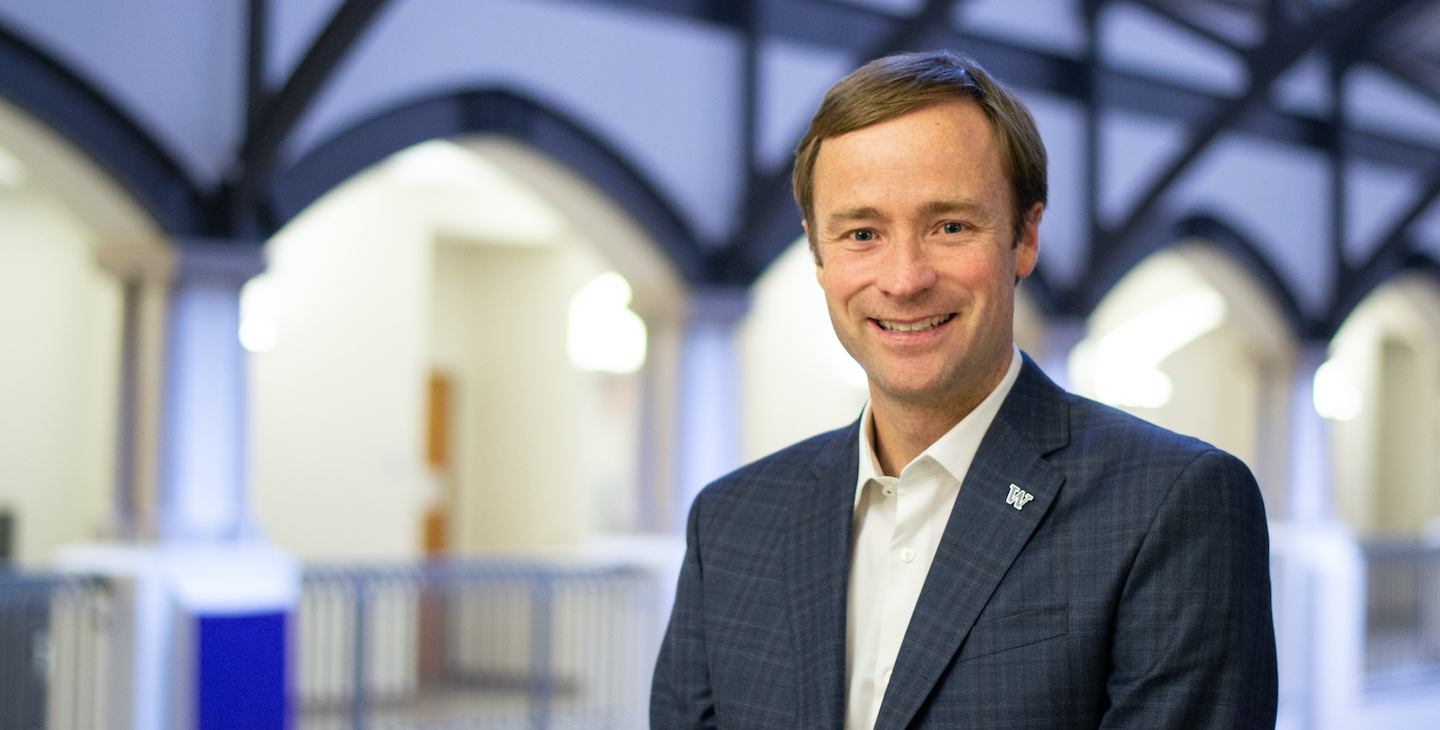Jevin West, iSchool Associate Professor and Director of the UW Center for an Informed Public, shares an update about the critical role of information professionals in ensuring fair and equitable participation in the 2020 U.S. elections and other democratic processes around the world. You can learn more about the Center and its efforts at cip.uw.edu.
The Information School was founded as a library school in 1911. Seven years later, the world experienced one of the worst pandemics in modern history, with an estimated 50 million deaths worldwide. In that same year, John Hopkins University established the first endowed school of public health, with many other universities establishing similar schools shortly thereafter. The goal of these interdisciplinary programs was to train a new set of professionals focused on preventing and mitigating disease, rather than just treating it.
In today’s world, can you imagine not having public health schools?
The 1918 flu pandemic shares many similarities to our current pandemic, but there are a few distinctions worth highlighting. First, the world today is far denser, which affects the spreading dynamics. There are about 7.5 billion people today versus 2 billion a hundred years ago. People today are more mobile and globally connected, both physically and digitally, but it may be the digital connectivity that is more consequential. Instead of waiting weeks for news about the latest case counts or treatment options, we simply refresh our browsers or watch the next tweet (t)roll in. Access to limitless “up-to-date” information has its benefits, but it also comes with ills. A large proportion of this information is not only wrong but dangerously so. Bill Gates did not release this novel coronavirus; fish tank cleaner will not cure this disease; 5G does not suppress our immune system; and COVID-19 to date is far more deadly than the seasonal flu.
Misinformation has become so problematic that the World Health Organization stated in February that the world is facing a parallel “infodemic.” This statement was referring to the pandemic, but the reach of the infodemic is far wider. Any world event that creates uncertainty and collective anxiety also creates opportunities for rumors and conspiracy theories to spread fast and far. We are seeing this play out with the impending U.S. election.
In response, our Center for an Informed Public (CIP) co-launched the non-partisan, Election Integrity Partnership (EIP) with Stanford University’s Internet Observatory, Graphika and DFRLab. We are monitoring, in real-time, misleading and false information about the election process. For example, we track false news regarding procedural interference (e.g., the election date has changed), participation interference (e.g., the lines are too long), or voter fraud. We have observed the growth of “mail-dumping” and “mail-harvesting” narratives, supported with misassigned intent (e.g., the postal worker is a Democrat or Republican), false framing (e.g., images of dumped mail from different countries or prior elections), exaggerated impact (e.g., voting fraud is everywhere), and strategic amplification. The EIP project will not end on Nov. 3. We anticipate a surge of disinformation shortly after Election Day and will continue our efforts post-election. We are always looking for digital volunteers, so please reach out if you are interested in joining the efforts.
Real-time monitoring is new for us. Research is normally retrospective and takes years to synthesize and report. We don’t have that luxury right now. We are applying our research methodologies in shortened time scales. Students, postdocs, staff, and faculty are working in shifts, literally around the clock. We are collaborating with government officials, journalists, technologists, and civic society leaders. The work is already having an impact. Technology platforms are adjusting their policies and content in response. The New York Times’ editorial board recently praised the project and media broadly are communicating our findings to the public. I should note, however, that when calling out misleading misinformation, not everyone gives praise...
Fact-checking the latest rumor sometimes feels like a Sisyphean task, but the rapid rise of QAnon, Plandemic, and other conspiracy theories in 2020 illustrates why these rumor mills cannot be ignored. We need healthy information environments if we are to solve society’s biggest problems. That is our focus in the CIP and the iSchool.
In today’s digital world, can you imagine not having information schools?
– Jevin West
Director, Center for an Informed Public
Associate Professor, UW Information School
Photo at top taken pre-pandemic at Mary Gates Hall.
